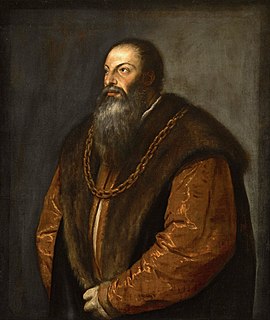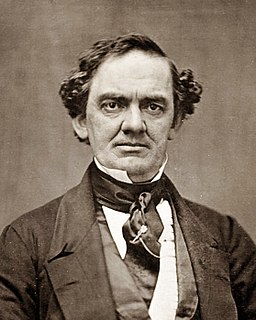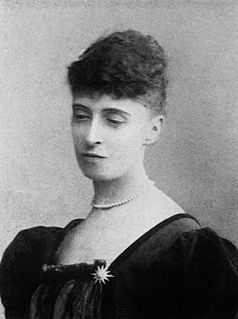A Quote by Pietro Aretino
Poetry is a whim of Nature in her lighter moods; it requires nothing but its own madness and, lacking that, it becomes a soundless cymbal, a belfry without a bell.
Related Quotes
Indeed the worthy housewife was of such a capricious nature, that she not only attained a higher pitch of genius than Macbeth, in respect of her ability to be wise, amazed, temperate and furious, loyal and neutral in an instant, but would sometimes ring the changes backwards and forwards on all possible moods and flights in one short quarter of an hour; performing, as it were, a kind of triple bob major on the peal of instruments in the female belfry, with a skilfulness and rapidity of execution that astonished all who heard her.
The universal nature has no external space; but the wondrous part of her art is that though she has circumscribed herself, everything which is within her which appears to decay and to grow old and to be useless she changes into herself, and again makes other new things from these very same, so that she requires neither substance from without nor wants a place into which she may cast that which decays. She is content then with her own space, and her own matter, and her own art.
Men, women, and children who cannot live on gravity alone need something to satisfy their gayer, lighter moods and hours, and he who ministers to this want is, in my opinion, in a business established by the Creator of our nature. If he worthily fulfills his mission and amuses without corrupting, he need never feel that he has lived in vain.
She would fain have caught at the skirts of that departing time, and prayed it to return, and give her back what she had too little valued while it was yet in her possession. What a vain show Life seemed! How unsubstantial, and flickering, and flitting! It was as if from some aerial belfry, high up above the stir and jar of the earth, there was a bell continually tolling, ‘All are shadows!—all are passing!—all is past!
With mimicry, with praises, with echoes, or with answers, the poets have all but outsung the bell. The inarticulate bell has found too much interpretation, too many rhymes professing to close with her inaccessible utterance, and to agree with her remote tongue. The bell, like the bird, is a musician pestered with literature.




































